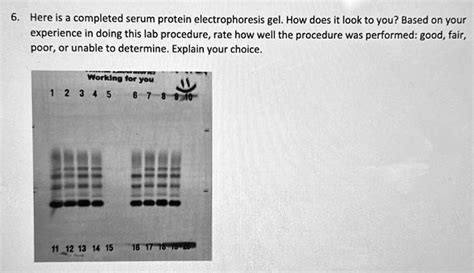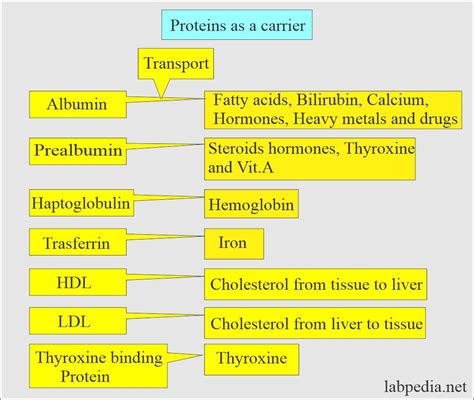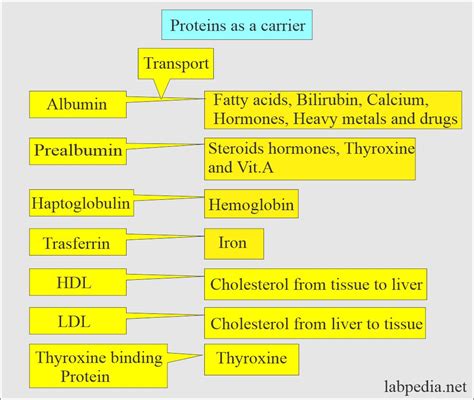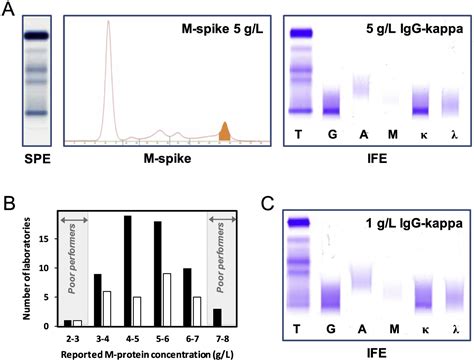Intro
Learn about Serum Protein Normal Range, including albumin and globulin levels, to understand liver and kidney function, and diagnose conditions like hypoalbuminemia, hyperglobulinemia, and nephrotic syndrome.
The importance of serum proteins in our body cannot be overstated. These proteins play a crucial role in maintaining various bodily functions, such as regulating fluid balance, transporting nutrients and hormones, and supporting immune function. Understanding the normal range of serum proteins is essential for diagnosing and treating various health conditions. In this article, we will delve into the world of serum proteins, exploring their functions, types, and normal ranges.
Serum proteins are a vital component of our blood, making up approximately 6-8% of its total content. They are produced by the liver and other tissues, and their levels can be affected by various factors, such as age, sex, and certain medical conditions. The normal range of serum proteins is typically measured through a blood test, which can help healthcare professionals diagnose and monitor various health conditions.
The normal range of serum proteins is a critical aspect of health diagnostics. Abnormal levels of serum proteins can indicate underlying health issues, such as liver or kidney disease, inflammation, or immune system disorders. For instance, low levels of albumin, a type of serum protein, can indicate liver disease or malnutrition, while high levels of globulins, another type of serum protein, can indicate inflammation or infection.
Introduction to Serum Proteins

Serum proteins can be broadly classified into two categories: albumin and globulins. Albumin is the most abundant type of serum protein, accounting for approximately 60% of the total serum protein content. It plays a crucial role in maintaining fluid balance, transporting nutrients and hormones, and supporting immune function. Globulins, on the other hand, are a type of serum protein that helps fight infection and inflammation.
Types of Serum Proteins

There are several types of serum proteins, each with its unique functions and characteristics. These include:
- Albumin: As mentioned earlier, albumin is the most abundant type of serum protein, playing a crucial role in maintaining fluid balance and transporting nutrients and hormones.
- Globulins: Globulins are a type of serum protein that helps fight infection and inflammation. They can be further classified into several subtypes, including alpha-1 globulins, alpha-2 globulins, beta globulins, and gamma globulins.
- Fibrinogen: Fibrinogen is a type of serum protein that plays a crucial role in blood clotting.
- Prothrombin: Prothrombin is a type of serum protein that helps regulate blood clotting.
Normal Range of Serum Proteins

The normal range of serum proteins can vary depending on various factors, such as age, sex, and certain medical conditions. Generally, the normal range of serum proteins is as follows:
- Albumin: 3.5-5.5 g/dL
- Globulins: 2.5-3.5 g/dL
- Fibrinogen: 200-400 mg/dL
- Prothrombin: 70-130%
Factors Affecting Serum Protein Levels
Several factors can affect serum protein levels, including: * Age: Serum protein levels can decrease with age. * Sex: Serum protein levels can vary between males and females. * Medical conditions: Certain medical conditions, such as liver or kidney disease, can affect serum protein levels. * Nutrition: Malnutrition can affect serum protein levels.Diagnosing Abnormal Serum Protein Levels

Abnormal serum protein levels can be diagnosed through a blood test. The test measures the levels of various serum proteins, including albumin, globulins, fibrinogen, and prothrombin. The results can help healthcare professionals diagnose and monitor various health conditions, such as liver or kidney disease, inflammation, or immune system disorders.
Treatment Options for Abnormal Serum Protein Levels
Treatment options for abnormal serum protein levels depend on the underlying cause. For instance: * Liver disease: Treatment may involve medications, lifestyle changes, or liver transplantation. * Kidney disease: Treatment may involve medications, dialysis, or kidney transplantation. * Inflammation or infection: Treatment may involve antibiotics, anti-inflammatory medications, or other therapies.Prevention and Management of Abnormal Serum Protein Levels

Preventing and managing abnormal serum protein levels involves maintaining a healthy lifestyle, including:
- Eating a balanced diet
- Exercising regularly
- Avoiding smoking and excessive alcohol consumption
- Managing stress
- Getting regular health check-ups
Complications of Abnormal Serum Protein Levels
Abnormal serum protein levels can lead to various complications, including: * Edema: Swelling caused by fluid accumulation * Malnutrition: Inadequate nutrition due to impaired nutrient transport * Infection: Increased risk of infection due to impaired immune function * Bleeding disorders: Impaired blood clotting due to abnormal fibrinogen or prothrombin levelsConclusion and Final Thoughts

In conclusion, serum proteins play a vital role in maintaining various bodily functions. Understanding the normal range of serum proteins is essential for diagnosing and treating various health conditions. By maintaining a healthy lifestyle and getting regular health check-ups, individuals can prevent and manage abnormal serum protein levels. We encourage readers to share their thoughts and experiences on this topic and to take action in maintaining their overall health and well-being.
What are serum proteins?
+Serum proteins are proteins found in the blood, playing a crucial role in maintaining various bodily functions, such as regulating fluid balance, transporting nutrients and hormones, and supporting immune function.
What is the normal range of serum proteins?
+The normal range of serum proteins can vary depending on various factors, such as age, sex, and certain medical conditions. Generally, the normal range of serum proteins is as follows: albumin (3.5-5.5 g/dL), globulins (2.5-3.5 g/dL), fibrinogen (200-400 mg/dL), and prothrombin (70-130%).
What are the complications of abnormal serum protein levels?
+Abnormal serum protein levels can lead to various complications, including edema, malnutrition, infection, and bleeding disorders.
